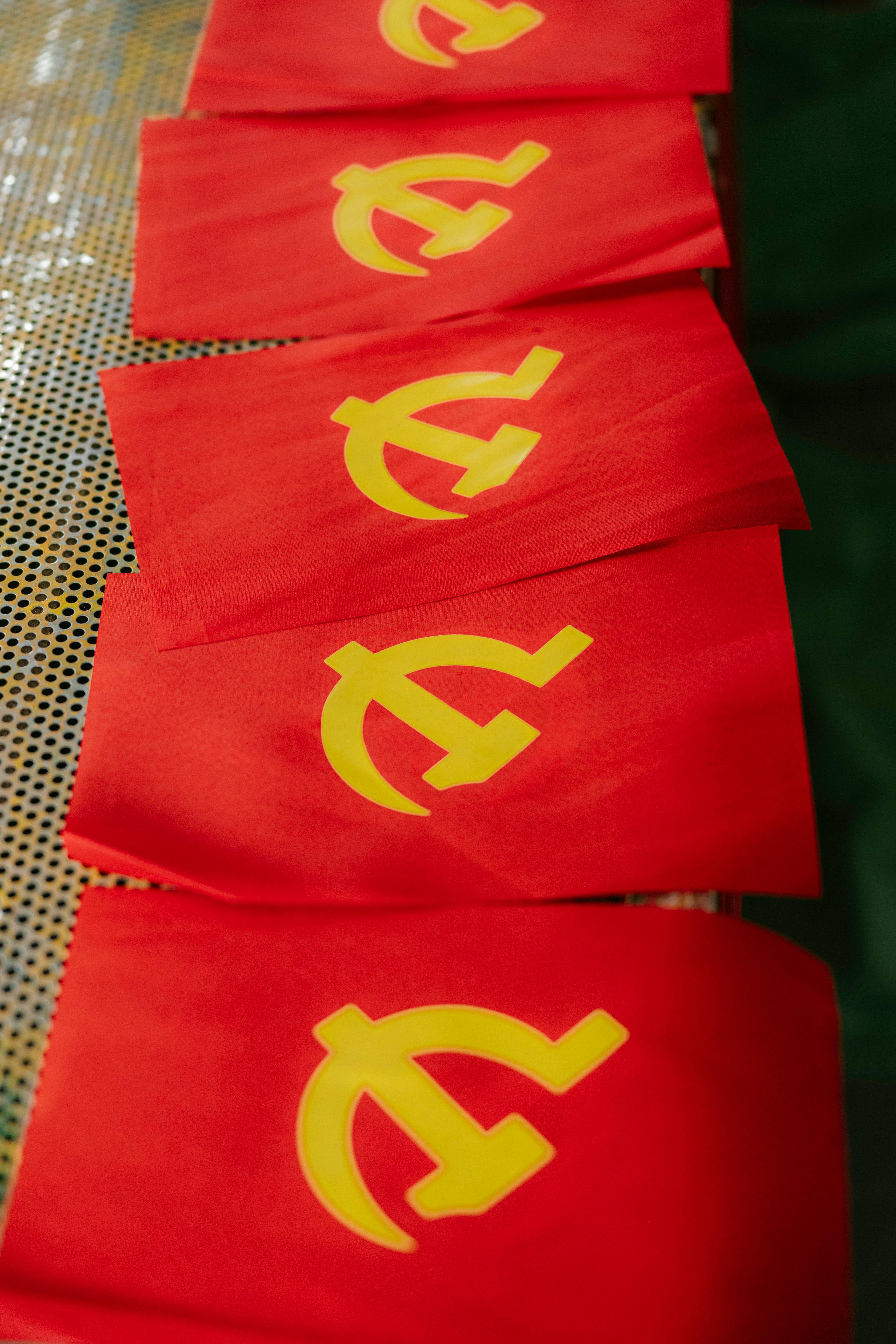Socialism vs. Communism
What’s the real difference? A simple guide to two of history's most debated ideas.

The Big Idea in 30 Seconds
- Socialism wants to fix problems with capitalism by giving more power and resources to working people.
- Communism wants to go further—removing capitalism altogether and creating a classless society.
- Democratic socialism works through elections and laws; communism often involves revolution and a complete system change.
- Key difference: Socialists often allow markets and private property; communists don’t.
What Is Socialism?
Imagine you're playing a board game. Everyone starts with equal pieces, except one person—in capitalism, that's the wealthy. Socialism wants everyone to have a fair start and fair shot, so it changes the rules to help working people catch up.
At its heart, socialism is about giving workers more power in the economy. It says things like healthcare, housing, and education shouldn’t be limited to the rich. In practice, that means the government (elected by the people) might own or control things like hospitals or energy companies.
Democratic Socialism vs. Social Democracy
Democratic socialism wants big changes—moving key industries out of private hands and giving regular people more say. But it also believes in democracy—elections, free speech, and civil rights. Think of it as socialism through the ballot box, not through force.
Social democracy is sometimes confused with democratic socialism. They're cousins, not twins. Social democrats don’t want to end capitalism; they just want to make it fairer with safety nets like unemployment insurance, healthcare, and strong labor laws.
This system is popular in countries like Sweden and Norway. Businesses are still privately owned, but workers have protections, and the government helps with basic needs.
Early Socialist Thinkers
Modern socialism has roots in 19th-century Europe. Early thinkers like Henri de Saint-Simon and Charles Fourier were worried about how industrial capitalism harmed workers.
They imagined new kinds of societies that put cooperation before profit. But the person you’ve definitely heard of is Karl Marx.
What Is Communism?
If socialism tweaks the game, communism throws the board away. Communism sees the world as split into two fighting classes: the workers and the capitalists. Its goal: end the struggle by getting rid of private property and creating a classless society.
In a communist system, there are no bosses profiting off workers. The community owns everything, and everyone contributes and gets what they need. No ads, no super-wealthy billionaires—just shared ownership.

The Communist Manifesto and Karl Marx
Karl Marx and Friedrich Engels wrote The Communist Manifesto in 1848. It became the key text of communism. They believed that capitalism would eventually collapse, and the working class would rise up, take control, and create a new system without classes.
Until that time came, they argued, workers should organize and fight for their interests—forming unions, parties, and even revolutionary movements.
Communist Parties and Real Governments
A few countries, like the Soviet Union, China, Cuba, and North Korea, tried to build communism during the 1900s. These states were often controlled by strong communist parties that took over the government, economy, and media.
But many of these countries became authoritarian. Leaders stayed in power for decades, elections were rigged, and freedoms were limited. For critics, like historian Richard Pipes, communism sounded great on paper but led to real suffering in practice.
Key Concepts Made Simple
| Concept | Socialism | Communism |
|---|---|---|
| Private Property | Allows personal property and small businesses; key industries are publicly owned. | Abolishes private ownership of all means of production (factories, land). |
| Economic System | A mix of public and private enterprise; markets exist but are regulated. | Central planning by the state/community; no free market. |
| Path to Power | Typically through democratic elections and gradual reform. | Historically through revolution and overthrow of the existing system. |

So... Which Is Better?
That depends on your vision for the world. If you want to keep markets and private businesses, but with strong safety nets and fairer outcomes, you might lean toward democratic socialism.
If you believe capitalism is the root of all inequality—and must be replaced entirely—you might be more interested in classical communism.
Still figuring it out? Books like Why You Should Be a Socialist by Nathan J. Robinson make socialism feel less scary and more understandable. Even if you don't agree with everything, it's a great place to start.
Final Thought
Socialism and communism both aim to make life better for ordinary people, especially the working class. But they take different roads: one reforms the system, the other wants to rebuild it from the ground up.
Understanding the difference helps you think clearly about politics, policies, and your own values. And that’s a powerful thing.
Find your place on the spectrum.
Now that you understand the differences, see where your own views align.
Take the Free Political Test The Global Shift Network
The Global Shift Network